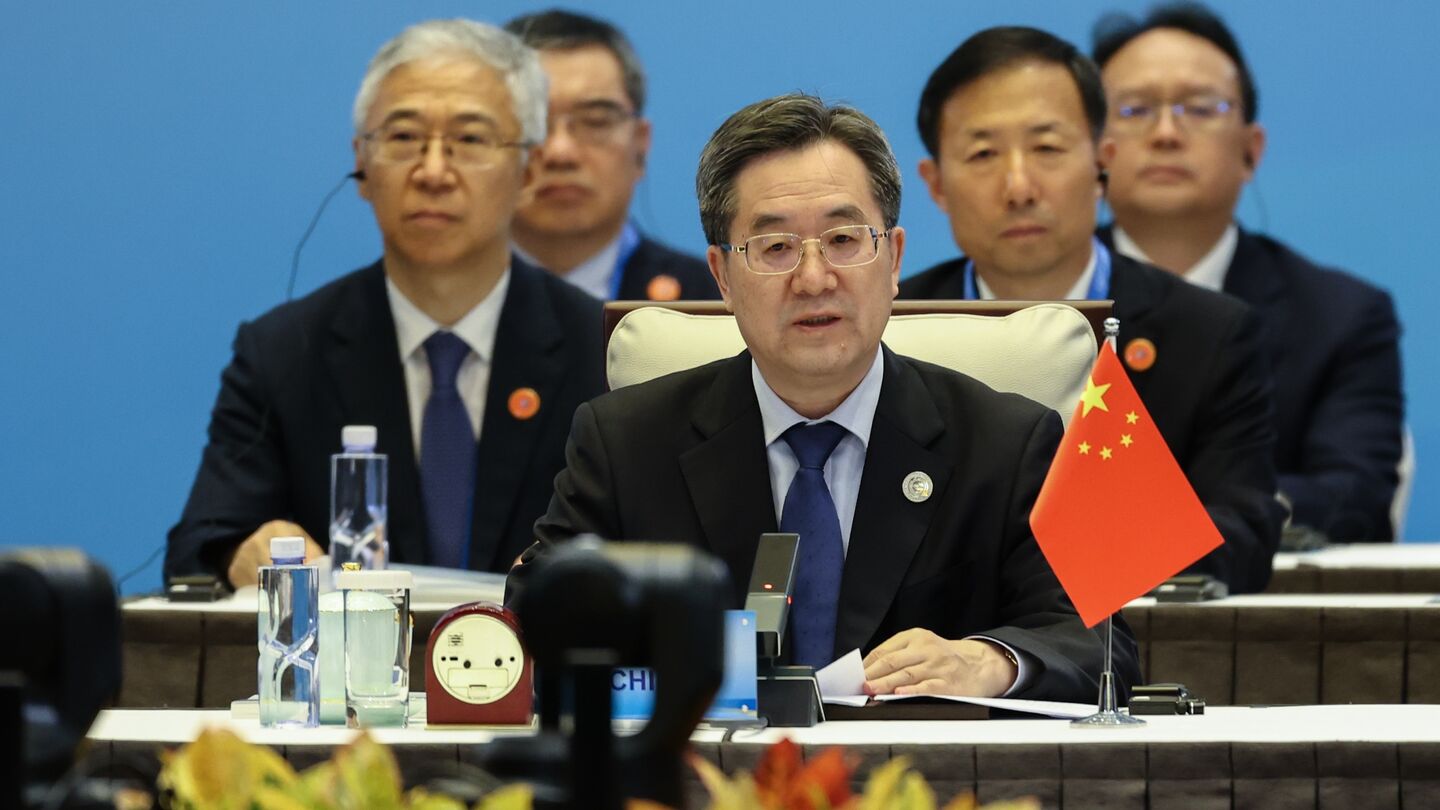
By Edson Baraukwa | Africa Guardian
At the 2024 Beijing Summit of the Forum on China-Africa Cooperation (FOCAC) this week, China strengthened its diplomatic and economic ties with North Africa, announcing a strategic partnership with Libya and a $14 million investment in Egypt. The summit, attended by leaders from over 50 African nations, focused on issues such as climate change, infrastructure, security, and debt. China, Africa’s largest trading partner and the world’s largest bilateral lender, emphasized its commitment to fostering deeper cooperation with the continent.
Strengthening Relations with Libya
The new Sino-Libyan partnership was unveiled by Chinese President Xi Jinping and Libya’s Presidency Council President Mohamed al-Menfi on Wednesday. Xi reiterated China’s support for Libya’s stable development and its readiness to expand bilateral cooperation, as reported by the Xinhua news agency. He emphasized China’s intention to assist Libya in rebuilding its economy and improving the living standards of its citizens, while encouraging Libya to create a favorable business environment for Chinese companies.
President al-Menfi expressed Libya’s willingness to enhance economic, trade, and investment ties with China through the Belt and Road Initiative and FOCAC. He also welcomed Chinese businesses to contribute to Libya’s economic reconstruction.
China’s Broader Commitment to Africa
In his address to the forum, Xi Jinping announced that China would provide 360 billion yuan (about $51 billion) in financing for African countries and support 30 infrastructure projects to improve connectivity across the continent. He also pledged at least $70 billion in new investments by Chinese firms in Africa, underscoring the significance of China-Africa relations in global development. “China and Africa account for one-third of the world’s population. Without our modernization, there will be no global modernization,” Xi stated.
Investment in Egypt
China also announced a $14 million investment in Egypt to fund joint projects between the two nations. This was disclosed during a meeting between Egyptian Prime Minister Mostafa Madbouly and Zhao Leji, Chairman of the Standing Committee of the National People’s Congress of China, on the second day of the summit.
Prime Minister Madbouly praised China for its contributions to construction and urban development in Egypt. The two countries have committed to deepening their cooperation over the next five years, following the signing of three memorandums of understanding in July between Egypt and China’s National Development and Reform Commission and the China International Development Cooperation Agency. Chinese foreign direct investment in Egypt has also seen a significant rise, reaching $956.7 million in the 2022-23 financial year, up from $563.4 million the previous year.
Tunisia Seeks Energy Collaboration
Tunisian Prime Minister Kamel Maddouri, also attending the summit, emphasized his country’s readiness to provide necessary infrastructure and guarantees to attract Chinese investment, particularly in renewable energy. Maddouri met with Li Lina, President of the China Energy Engineering Corporation, to discuss potential collaborations, including the Kairouan solar power station in northern Tunisia, which is nearing completion and will have a capacity of 100 megawatts.
Western Sahara Dispute
China’s decision not to invite the Polisario Front and the Sahrawi Arab Democratic Republic to the summit was seen as a setback for the Western Sahara independence movement and an implicit endorsement of Morocco’s territorial claims. Morocco’s Prime Minister Aziz Akhannouch, Foreign Minister Nasser Bourita, and other key Moroccan officials attended the event, highlighting Morocco’s favorable position in the ongoing territorial dispute over Western Sahara.
This summit showcased China’s intent to fortify its political and economic influence in Africa, highlighting strategic partnerships, infrastructure investments, and a nuanced approach to regional conflicts.
___
